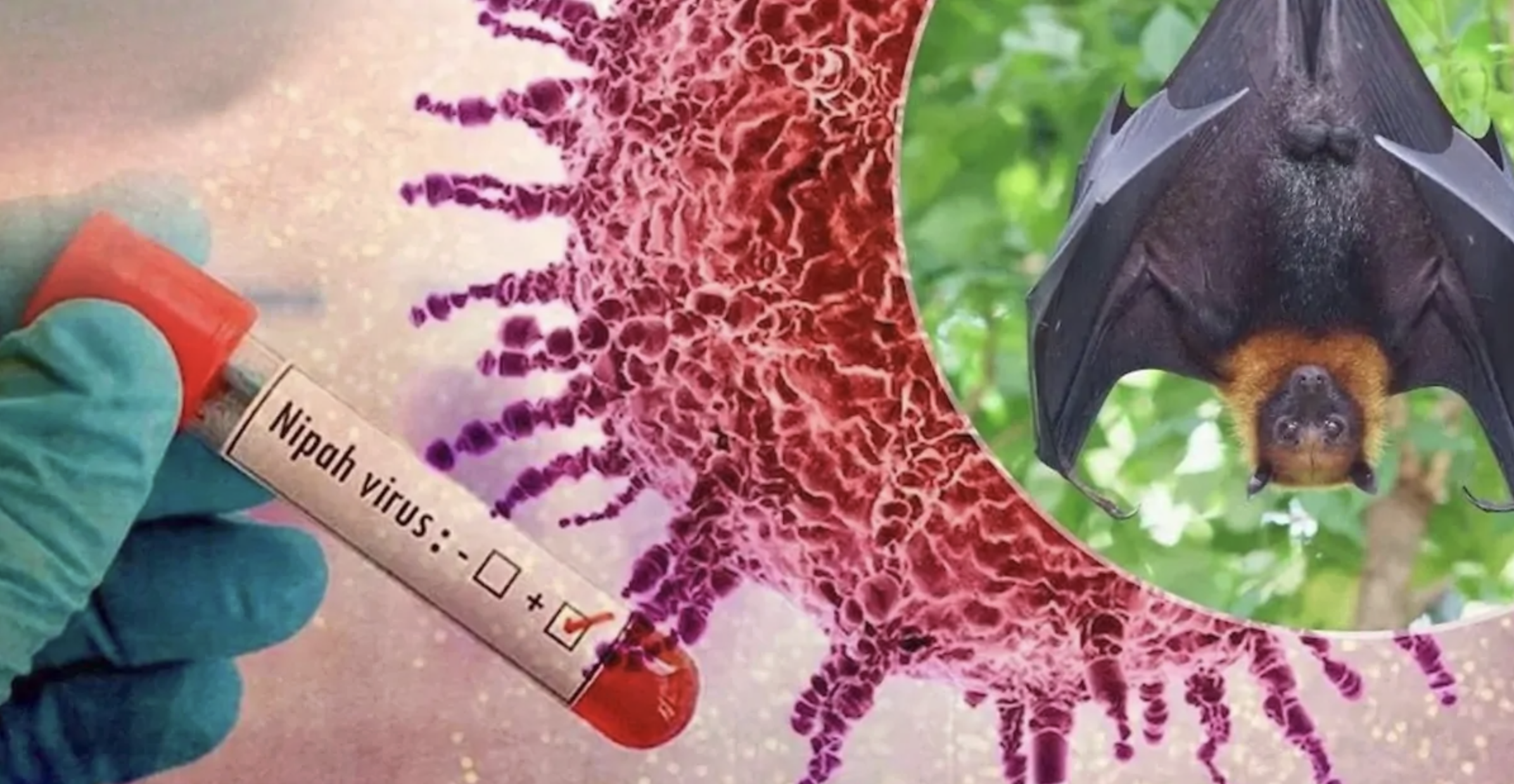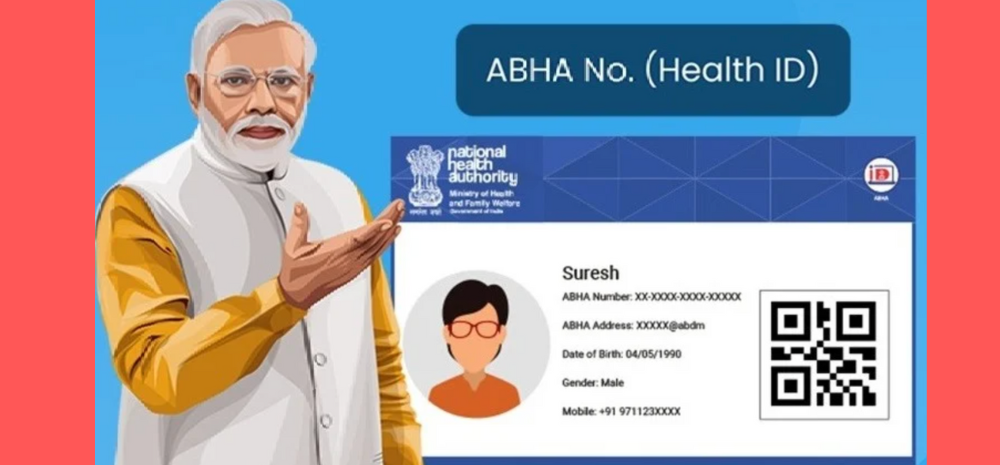A recent study by Toxics Link, an environmental research organization, has uncovered a troubling reality: all tested Indian salt and sugar brands, both packaged and unpackaged, contain microplastics. The study, titled “Microplastics in Salt and Sugar,” analyzed 10 types of salt and five types of sugar from online and local markets. The results were alarming, revealing that every sample tested was contaminated with microplastics, highlighting the widespread nature of this issue.

Detailed Findings on Microplastic Concentrations
The research identified various forms of microplastics, such as fibres, pellets, films, and fragments, within the salt and sugar samples. The size of these microplastics ranged from 0.1 mm to 5 mm. Among the findings, iodised salt was particularly concerning, showing the highest concentration of microplastics, with 89.15 pieces per kilogramme, primarily in the form of multi-coloured thin fibres and films. In contrast, organic rock salt had the lowest concentration at 6.70 pieces per kilogramme. Sugar samples were not spared, with non-organic sugar containing the highest levels of microplastics, ranging from 11.85 to 68.25 pieces per kilogramme.
Health Implications and Urgent Call for Action
The presence of microplastics in such commonly consumed products raises significant health concerns. Microplastics have become a global issue due to their potential harm to both human health and the environment. These tiny particles can enter the human body through food, water, and air, and have been detected in human organs, including the lungs, heart, and even breast milk.
Ravi Agarwal, founder-director of Toxics Link, emphasized the need for policy action and further research to address this growing problem. “Our study aims to contribute to the global scientific database on microplastics so that the international plastic treaty can tackle this issue effectively,” Agarwal stated.
Conclusion: The Need for Comprehensive Research and Policy Changes
Satish Sinha, associate director of Toxics Link, added that the study’s findings call for urgent and comprehensive research into the long-term health impacts of microplastics. With the average Indian consuming significant amounts of salt and sugar daily, the study underscores the importance of addressing microplastic contamination in food products to safeguard public health.
The growing presence of microplastics in our daily diet is a matter that requires immediate attention, both from policymakers and the public, to mitigate potential risks and ensure a safer, healthier future.













